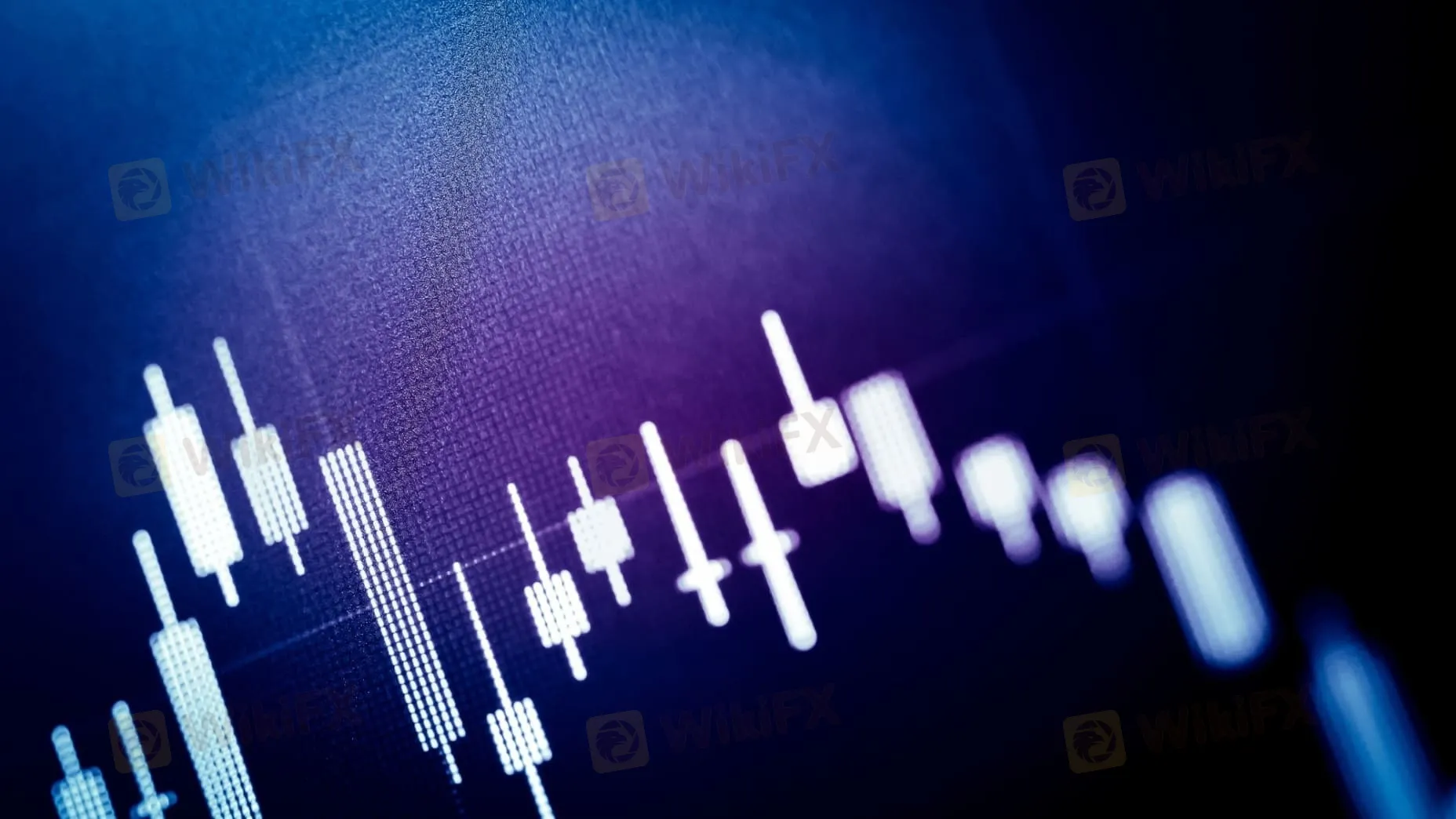简体中文
繁體中文
English
Pусский
日本語
ภาษาไทย
Tiếng Việt
Bahasa Indonesia
Español
हिन्दी
Filippiiniläinen
Français
Deutsch
Português
Türkçe
한국어
العربية
Machine Learning in Forex Trading: Revolutionizing the Market
Abstract:Artificial intelligence (AI) is still in its early stages, but its potential to transform industries is undeniable—and Forex trading is no exception. AI is poised to reshape how analysts interpret markets, how traders execute trades, and how asset managers oversee portfolios. Understanding AI’s role in Forex trading begins with mastering the basics of Forex itself.

Artificial intelligence (AI) is still in its early stages, but its potential to transform industries is undeniable—and Forex trading is no exception. AI is poised to reshape how analysts interpret markets, how traders execute trades, and how asset managers oversee portfolios. Understanding AIs role in Forex trading begins with mastering the basics of Forex itself.
AIs Role in Modern Forex Trading
AI can perform many repetitive and data-driven tasks better than human traders. These tasks include analyzing charts, recognizing patterns, calculating technical indicators, and processing financial news. By leveraging AI, traders gain access to high-speed data processing, real-time execution, and advanced risk management techniques.
AIs ability to learn and adapt further sets it apart, allowing systems to improve over time by identifying trends and refining strategies.
Advanced AI Strategies for Forex Trading
For experienced traders, AI and machine learning offer new opportunities to deploy complex trading strategies with a speed and efficiency that is otherwise unattainable. However, this requires substantial investment in infrastructure, computing power, and technical expertise.
AI-Powered Forex Trading Platforms
To utilize AI in Forex trading, traders must rely on platforms that support AI-powered strategies. Below are the leading platforms that provide AI support for traders:
1. MT4 (MetaTrader 4)
As the industry leader in algorithmic Forex trading, MT4 supports advanced AI solutions and API trading. Many Forex brokers offer MT4, making it accessible to most traders.
2. MT5 (MetaTrader 5)
MT5 builds upon the foundation of MT4 but introduces improved back-testing features. Although adoption has been slow, the release of build 600, which unified MetaEditor for MQL4 and MQL5, is expected to accelerate its popularity.
3. cTrader
cTrader, while trailing behind MT4 and MT5 in popularity, uses C# for programming. This makes it easier for developers to create AI-driven trading algorithms.
Challenges and Risks of AI in Forex
While AI presents immense opportunities, it also comes with challenges. Traders must be aware of the limitations and risks associated with AI in Forex trading:
Key Limitations of AI
Cybersecurity Risks: AI systems are vulnerable to hacking and data breaches.
Technical Failures: Glitches and errors in AI systems can lead to significant financial losses.
Quality of Data: AI relies on high-quality data to make accurate predictions. Flawed data can lead to inaccurate outcomes.
Biases in AI: AI models may suffer from biases based on the data they are trained on, leading to skewed trading strategies.
Historical Data Dependence: AI systems are trained on historical data, which may not always reflect current market conditions.
Conclusion
AI are set to revolutionize Forex trading, offering traders unprecedented speed, accuracy, and adaptability. From advanced trading strategies like deep learning for scalping to the use of NLP for swing trading, AI allows traders to operate at a level that was previously unimaginable. However, it is crucial to approach AI with an understanding of its risks and limitations.
As AI technology continues to evolve, the future of Forex trading will likely see even more sophisticated strategies and solutions, shaping a new era for global financial markets.

Disclaimer:
The views in this article only represent the author's personal views, and do not constitute investment advice on this platform. This platform does not guarantee the accuracy, completeness and timeliness of the information in the article, and will not be liable for any loss caused by the use of or reliance on the information in the article.
Read more

Countdown to WikiEXPO Dubai 2024 — “Seeing Diversity, Trading Safely”
With the booming development of the global Fintech industry, WikiEXPO Dubai 2024, hosted by WikiGlobal and co-organized by WikiFX, will officially kick off on November 27, themed “Seeing Diversity, Trading Safely.” This event will bring together global elites to explore the future of Fintech.

CySEC Revokes UFX Broker Licence as Reliantco Halts Global Operations
The Cyprus Securities and Exchange Commission (CySEC) has officially withdrawn the Cyprus Investment Firm (CIF) licence of Reliantco Investment Limited, the operator of UFX.com. This decision followed a six-month period during which the company failed to provide any investment services or perform investment activities.

Elon Musk Sparks Debate Over Presidential Power and Federal Reserve Independence
Elon Musk has voiced his support for the controversial idea that United States presidents should have a role in shaping Federal Reserve policies. This endorsement aligns with recent remarks from President-elect Donald Trump, who has hinted at revisiting the central bank's independence, a long-held tradition in the nation's financial governance.

Crypto 101: Coins vs Tokens
For those new to the world of cryptocurrency, terms like "coin" and "token" may seem interchangeable. However, understanding the distinction between these two digital assets is crucial for navigating the crypto landscape. Both coins and tokens serve as integral components of blockchain ecosystems, yet they differ in their functionalities, use cases, and the technologies underpinning them.
WikiFX Broker
Latest News
BSP Shuts Down Uno Forex Over Serious AML Violations
ACY Securities Expands Global Footprint with South Africa Acquisition
Tokyo Police Arrest 4 for Unregistered FX Trading Scheme
Rupee gains against Euro
WikiEXPO Global Expert Interview: The Future of Financial Regulation and Compliance
DFSA Warns of Fake Loan Approval Scam Using Its Logo
Consob Sounds Alarm: WhatsApp & Telegram Users Vulnerable to Investment Scams
CySEC Revokes UFX Broker Licence as Reliantco Halts Global Operations
GCash, Government to Launch GBonds for Easy Investments
Bitcoin ETF Options Get Closer to Reality with CFTC Clarification
Currency Calculator


